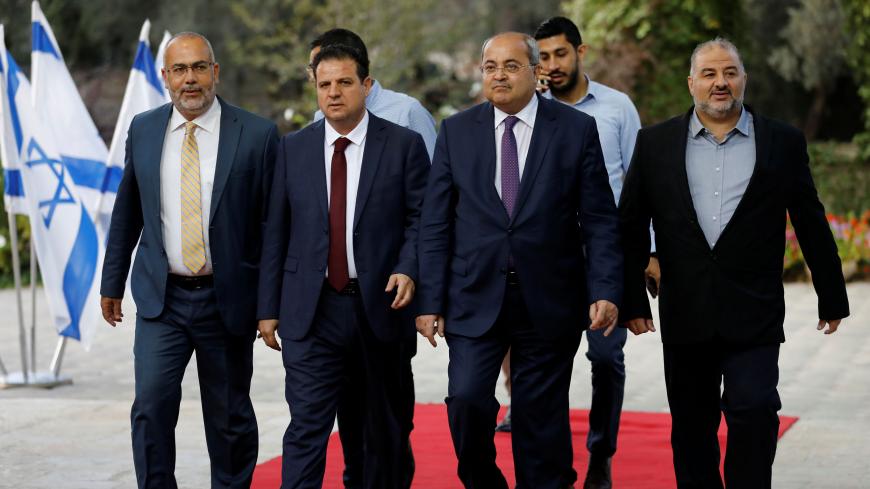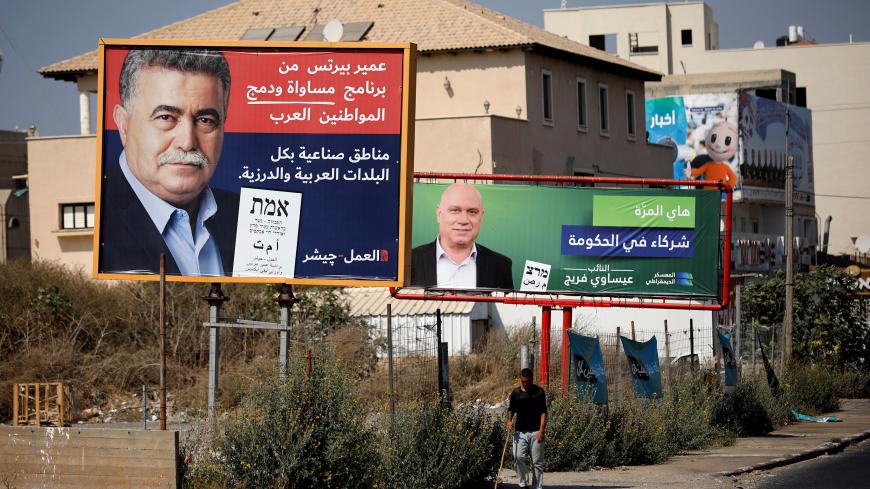Will Israel’s Meretz officially become a Jewish-Arab party?
Following its poor results in the April elections, left-wing Meretz considers establishing Jewish-Arab co-leadership for the party.

The left-wing Meretz party is at a crossroads as it faces the threat of being wiped out. In the April elections, the party barely crossed the electoral threshold, and its survival in the Sept. 17 elections is uncertain.
The party’s central committee convened on June 16 to decide the format for picking the party leader and its candidates for the elections to the 22nd Knesset. They decided that rather than picking the Meretz leader and candidates in open primaries — as was the case for the first time earlier this year — the committee would make both decisions (on June 27 for the leadership and on July 11 for the candidate list). The decision set off a race between former Knesset member Nitzan Horowitz, an outspoken advocate of human rights and civil equality, and Knesset member Tamar Zandberg, under whose leadership the party only obtained the bare minimum of votes needed to enter the Knesset.









